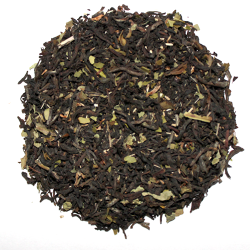
Available in store and to pre order!!
A selection of award-winning sourdough breads
that make a perfect treat for the weekend

WHAT IS SOURDOUGH?
Have you ever thought why modern bread makes you feel bloated? Do you think you have a gluten or wheat intolerance?
Why is there such a gluten intolerance epidemic today?
Is gluten-free bread the answer or should we look at modern bread making processes to see what has changed?
You decide…
Stepping back in time …
Before the 1950s, most bread bakeries fermented bread throughout the night with a long and slow process using a culture that contained the lactobacillus bacteria. This slow process was necessary for bread to be properly digested. This culture is called Sourdough.
Modern techniques …
In their efforts to increase profits and speed up the bread making process, bakers began using new techniques that took only three hours to make a loaf of bread. They used new instant yeasts which made the traditional way of making bread unnecessary. What is Sourdough? With the long fermentation of sourdough bread, lactic acid is produced which helps to preserve food, breakdown starches in the wheat, releasing nutrients into the dough, such as zinc, iron, magnesium, copper and phosphorus making the bread more digestible, lowering insulin and improving glucose tolerance. It also helps to break down gluten, which may result in a bread that gluten-sensitive people can eat. Chewing a good crust which can also help break down carbohydrates and get your digestion going properly.
Science bit…
Phytic acid, which is present in all wheat, needs to be neutralised to enable us to digest it properly. Sourdough bread activates phytase, which dissolves the phytic acid thereby releasing nutrients and enabling digestion. Fast yeasted bread means that most of the phytic acid remains, causing people to feel bloated and uncomfortable sometimes convincing them that they have an allergy to wheat!































